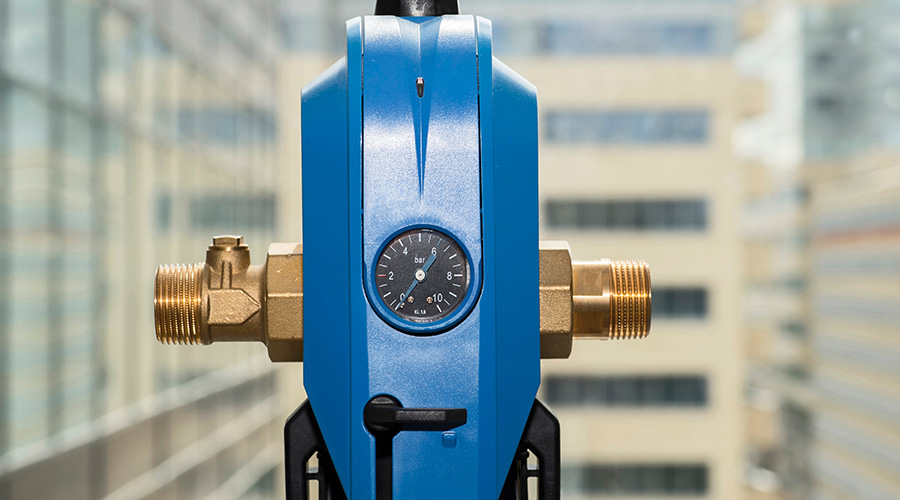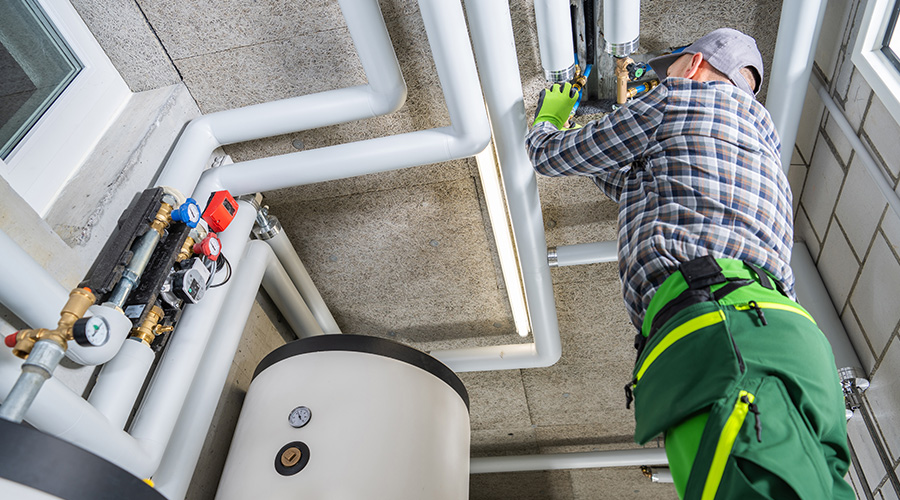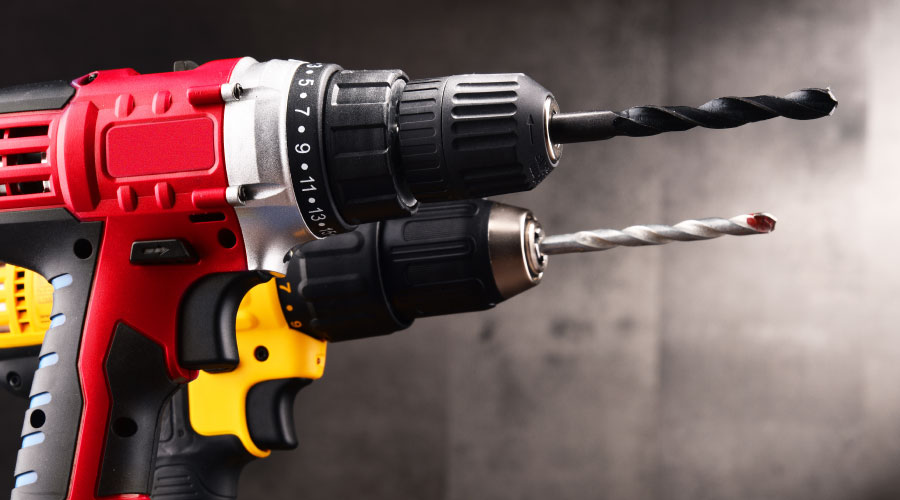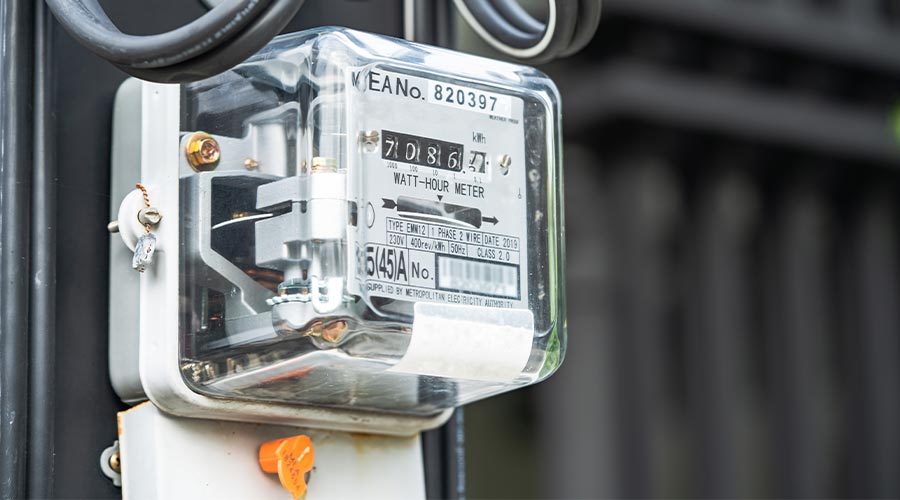UPS Energy Storage Option 3: Nickel-Zinc Batteries
Nickel-zinc are good high-energy, rapid-discharge batteries.
Nickel-zinc batteries are similar to nickel-metal hydride batteries. The company ZincFive has made advances in the development of nickel zinc batteries for UPS applications.
"Nickel zinc is an alkaline chemistry, as opposed to an acidic battery chemistry," says Dan Lambert, senior product manager for ZincFive. "We use a nickel oxy-hydroxide positive electrode, and a high surface area zinc as the negative electrode. It makes for a very good high-energy rapid discharge battery."
• Cycle Life and Lifespan: Battery life cycles are dependent on temperature, depth of discharge, and charge/discharge rates. At room temperature and a 1C charge/discharge rate, ZincFive's nickel-zinc batteries have a cycle life of between 600 cycles at 100 percent depth of discharge and more than 150,000 cycles at 1 percent depth of discharge. The lifespan of the battery is estimated at 12 to 15 years.
• Discharge Rate and Recharge Time: ZincFive's nickel-zinc battery has a maximum discharge rate of 6 minutes (12C), although it has been tested at 5 minutes (10C). ZincFive usually sets up its batteries to recharge at a four-hour rate, but a 0 to 93 percent recharge has been demonstrated in one hour.
• Size and Weight: Nickel-zinc batteries are typically about half the weight of lead, and have a smaller volume size based on power density than lead acid or lithium batteries. Their footprint is comparable to lithium batteries, although some lithium systems have smaller footprints.
• Cooling Requirements: Nickel-zinc batteries can operate at extremely high temperatures. Unlike lead-acid batteries, their lifespan and performance are not affected by extreme temperature fluctuations.
"Our batteries are used in micro data centers in the California desert, where you often have 120 F temperatures during the day, and 20 F or 30 F temperatures at night," says Lambert. "We tested the batteries after five years of use, and they had only lost 4 to 5 percent of their original capacity."
• Maintenance Requirements: Nickel zinc batteries require annual maintenance and a visual inspection, and ZincFive recommends using a battery management system to monitor battery health. But unlike lead-acid batteries, nickel-zinc batteries do not require quarterly testing.
• Initial Cost vs. Total Cost of Ownership: As with lithium batteries, nickel zinc batteries have a higher initial cost than lead acid batteries, but other factors may produce a lower total cost of ownership.
"The initial investment for nickel zinc is roughly double the cost of a conventional lead battery system," says Lambert. "But since the nickel zinc system is very low maintenance with an extended life, we feel you can save about 30 percent or more in [total cost of ownership]."
Safety: Nickel zinc is a non-flammable chemistry. Unlike lead acid and lithium batteries, the nickel zinc battery can't be driven into a thermal runaway event.
Related Topics:

















